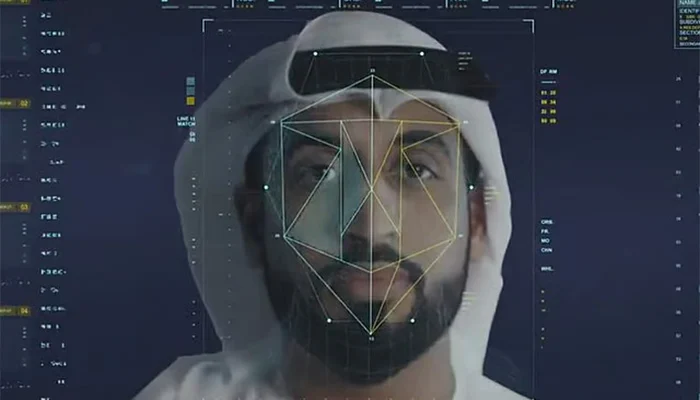The United Arab Emirates is set to transition from traditional identification cards to sophisticated facial recognition technology, enabling residents to access government services and navigate airports simply by presenting their faces.
Airports in Dubai and Abu Dhabi already employ some of the world’s most advanced facial recognition systems, eliminating the need for physical contact and enhancing convenience for travellers.
Minister of Health and Prevention and Minister of State for FNC Affairs Abdulrahman Al Owais announced that biometric identification, encompassing facial recognition and fingerprints, is a key component of the UAE’s digital-first strategy.
“The system, powered by artificial intelligence, has the potential for nationwide implementation within the next year,” he stated while addressing the UAE’s consultative parliamentary body, the Federal National Council.
The Emirates ID card, a mandatory document for all UAE residents and citizens, already incorporates advanced features such as laser-printed 3D photographs and a service life exceeding ten years.
However, the integration of facial recognition technology aims to further enhance this by making identity verification swifter and more secure across a range of services, including voting processes and smart gate airport entries.
Abu Dhabi and Dubai airports are currently utilizing advanced biometric systems, which negate the need for physical identification documents.
Zayed International Airport’s 2024 “biometric smart travel” system authenticates passengers by cross-referencing their facial features with government databases.
Dubai Airport’s “Smart Tunnel” facilitates passport control in mere seconds through facial and iris recognition, ensuring rapid, contactless travel and establishing global benchmarks for efficiency in air travel.



